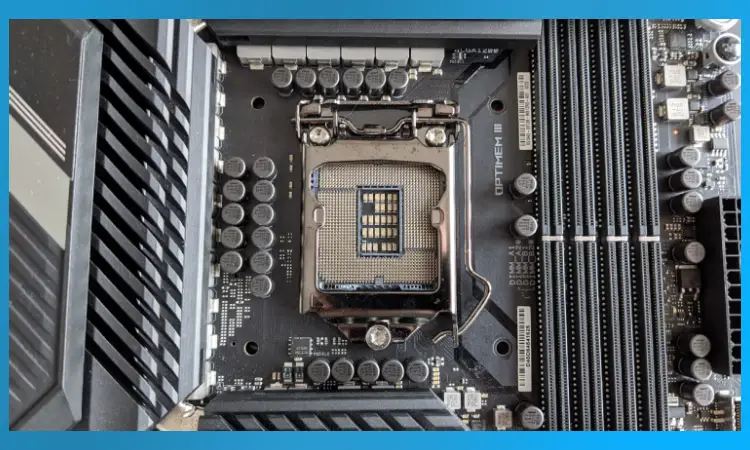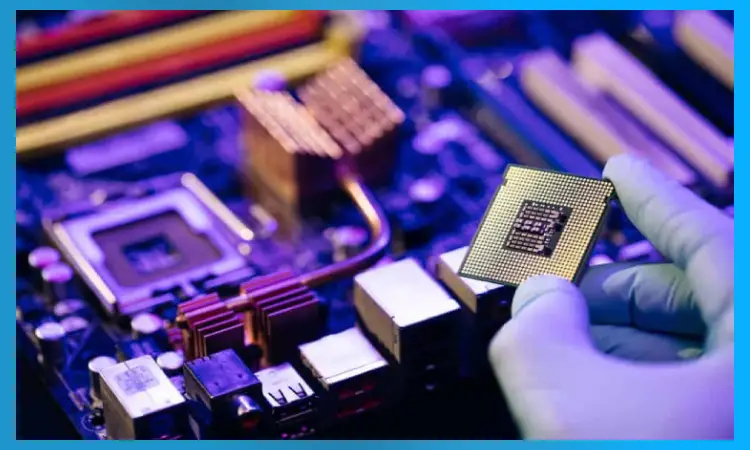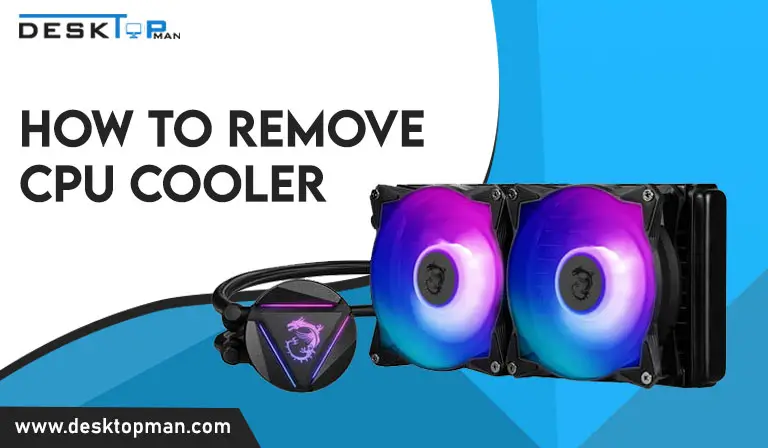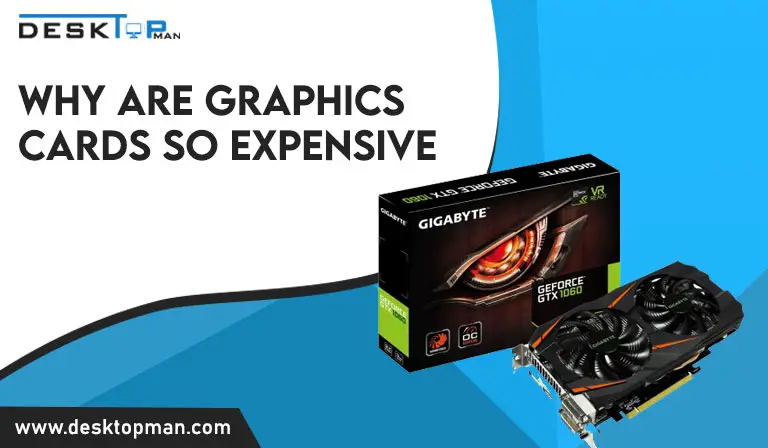Are Motherboards compatible with all CPU?
When it comes to upgrading your CPU or even creating a new PC, the first thing that comes to mind is compatibility. So, this article will determine are motherboards compatible with all cpu. The biggest concern for new builders is PC part compatibility.
Compatibility may frequently be solved with a little knowledge, and anyone building their first PC should always check into CPU and motherboard compatibility first. Other than form factor with your parts and the PC case itself, there is nothing to think about outside of these two key components.
Since there are so multiple variables to consider, determining which CPUs are compatible with your motherboard may be difficult. however you can also test a motherboard without a processor, read more about it in our article
Are AMD Motherboards compatible with all CPU?

The computer won’t function if the CPU fits all the pins on the motherboard yet there is no compatibility between them. All you’ll see is a pitch-black screen. to avoid motherboard being the problem you can always connecting more than one fan to motherboard to evade overlocking, read more in our article.
The CPU shouldn’t have any electrical damage. Nonetheless, if both are from different versions, you will need to upgrade your BIOS. The machine will run faster thanks to the BIOS upgrade. It is obvious that they don’t fit if the processor was shoved into the CPU socket. The motherboard and CPU may be harmed as a result of this. When the processor slides into the socket with zero force from your end, this is known as a ZIF arm or zero insertion force.
Some sockets, like Intel R2, are physically compatible with Intel’s R socket but are not technologically compatible. This implies that regardless of the BIOS update, the CPU will still fit but not function.
How can I tell whether the CPU and motherboard are compatible?

There are many different types of computer processors available, ranging from dual-core models like the athlon and celeron chips to six- and eight-core CPUs with a variety of capabilities to fit your needs. When selecting a motherboard-compatible CPU, there are a few factors to keep in mind.
This implies that not every CPU is compatible with the motherboard of your computer. The socket is a crucial factor to take into account. This is the physical requirement for a motherboard into which the CPU must fit. Since they occasionally are incompatible with chipsets while having the same socket, Intel CPUs are the biggest culprits in this issue.
- Compatibility with CPU Sockets
Simply said, the motherboard socket is where the CPU is placed. A certain kind of socket is supported by each generation of CPUs. For instance, the LGA1150 socket is compatible with Intel Core i3 and i5 4000 series processors. AMD Socket FM2 supports the A4, A6, and A8 processors.
Installing a CPU on a socket that is incompatible with your model is not viable. Even then, it doesn’t fit properly. Therefore, it’s crucial to understand which socket your motherboard uses in order to prevent selecting the incorrect CPU. while you are at it checkout best matx motherboard for ryzen 7 5700g.
Since the middle of the 2000s, AMD CPUs have always used “AM” to identify their socket. Since then, AM2, AM3, AM3+, and AM4 have all been available. Which processor model each socket corresponds to is established. AMD, for instance, presently makes use of socket AM4. Due to the fact that this socket has been in operation since 2017, it has a large number of processors in its “resume.”
The socket model is determined by numbers used by Intel. LGA 775, LGA 1156, LGA 1155, LGA 1150, LGA 1151, LGA 1151 V2, and LGA 1200 are all now available. Contrary to AMD, Intel dislikes using the same socket for longer than a year. Finding a suitable card without needing to update hence becomes easier in a manner. you can also checkout intel motherboard i9 10th generation
- Directly Check the Website of the Motherboard Manufacturer for Processor Compatibility:
Checking straight from the motherboard’s official websites is the fastest and most accurate approach to determine whether the CPU and motherboard are compatible (on the website of ASUS, MSI, GIGABYTE, etc.). Find the necessary motherboard by visiting the manufacturer’s official website. A list of CPUs that are specifically compatible with this motherboard can be found in the CPU support area of the manufacturer’s website. Select the processor from this list whose qualities best suit you. this way you can now be guaranteed that the CPU and motherboard will function properly.
- Compatibility with Physical Sockets
Separate CPUs are linked to various physical sockets, even within the same organisation. It is difficult to utilise a more recent Core i7 CPU that needs an LGA2011 socket if your motherboard has an Intel LGA1366 socket. The new 2011-pin chip physically cannot fit in the older 1366-pin socket. Although some AMD sockets support several chips, some do not.
- Memory Efficiency
Different types of memory are needed for various CPUs. Double Data Rate 2 memory is commonly found in older computers, but DDR3 is more often used in more recent models. Since they require totally distinct sockets, you cannot combine them on a motherboard since CPUs are normally tuned to function with one kind of memory or the other. Additionally, RAM modules frequently become quicker even within the same family, so your old RAM might not be able to keep up with a new CPU.
- Chipset Compatibility
You might not be able to utilize a CPU with an older motherboard even if you can locate one that overcomes the first three obstacles. The motherboard’s supporting functions, which are managed by the chipset, must operate more quickly as CPU speeds increase. You won’t truly profit from the new CPU’s increased performance if it can’t transport data between the CPU and the RAM or the graphics card at its rate.
- Ram and Motherboard
It is important to pay particular attention to RAM in relation to the processor’s compatibility with the motherboard. Additionally, the RAM and motherboard must be compatible. Make careful you research the RAM type you plan to buy. DDR2, DDR3, or DDR4 are all possible.
Just input the RAM module you have or plan to buy into the slot on the motherboard. If not, the RAM won’t physically fit the motherboard socket. You’ll need to buy a fresh die made just for this board. RAM operates at a certain frequency as well. The motherboard has to support this frequency in order for this main memory to function properly. On the website of the manufacturer, you may learn what kind and how often RAM is used.
- Manufacture website
Let’s say you misplaced the instruction handbook for some reason. In this scenario, manufacturers typically post this kind of information on their official websites to make it easier for people to get the information. The CPU-Z application or Speccy, which you may install on your computer and open, will offer you all kinds of information about your computer, including details about the motherboard and package socket. However, if this information is not readily available.
The next step is to locate your CPU on the manufacturer’s website. Let’s say I require the Intel i7-9400F. Scroll down to learn more about this Intel i7-9400F, which is compatible with the LGA1151 Socket (ignore the FC here). Consequently, this CPU is appropriate for the motherboard. You should be okay to go as long as you get the appropriate CPU and motherboard with the appropriate Socket.
Conclusion
A few straightforward techniques may be used to quickly determine whether the CPU and motherboard are compatible. You can in fact determine whether are motherboards compatible with all cpu after checking. Make careful to check the compatibility of each component of the computer in advance to avoid any unpleasant surprises.
More on Motherboards
- Best Motherboards For i9 10850k
- Do Motherboards Come with Bluetooth
- Do Motherboards Come with Sata Cables
- What is Ryzen 5 5600g motherboard compatibility
- Do motherboards affect performance
- Best motherboard for 3080 ti
- How to tell if power supply is Bad for motherboard
- Is my motherboard compatible with GPU
- How to Install SSD to Motherboard
- Best Motherboards For Intel I9 12900k



